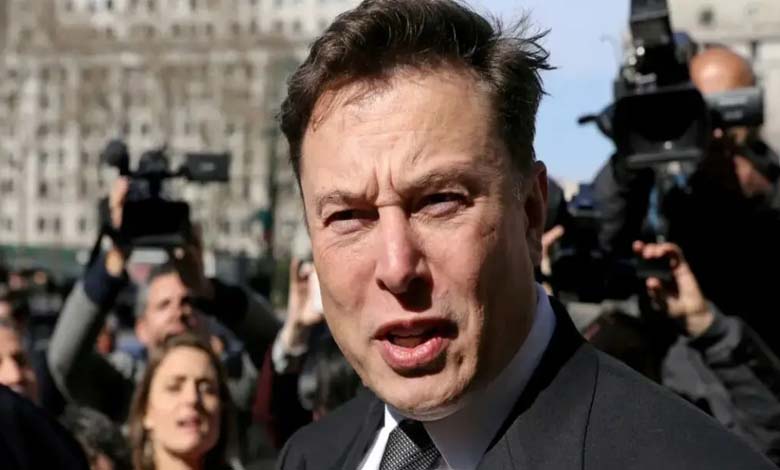How Did Elon Musk Cause a Rift Within the British Royal Society?

Elon Musk has sparked widespread controversy within the British Royal Society after heated debates arose regarding his fellowship, granted in 2018 in recognition of his technological achievements in space exploration and electric vehicles.
As some of the most prominent scientific figures gather this Friday to celebrate the Royal Society’s 362nd anniversary, Musk is expected to dominate discussions despite being thousands of miles away from the event.
According to Britain’s Telegraph, Musk faces efforts to remove him after angering some society members with his skepticism about vaccines, human-induced climate change, and controversial political views, which some believe tarnish the institution’s reputation.
Reasons for the Dispute
The controversy surfaced this week when Dorothy Bishop, a professor at the University of Oxford, announced her resignation as a fellow of the Royal Society in protest of Musk’s continued membership.
Bishop referred to the society’s code of conduct, which requires fellows to act with courtesy and respect. She stated, “I cannot be courteous to Elon Musk.”
-
Elon Musk Reveals Strange Concerns and Nighttime Sleep Method
-
After being implanted in a patient’s brain… Elon Musk’s Neuralink chip faces a problem
Some members told the Telegraph they support Musk’s fellowship, awarded in 2018 for his achievements in space and electric vehicles, but chose not to voice their support publicly out of fear of criticism, particularly over Musk’s stance on climate change. They also believe that the Royal Society, the world’s oldest scientific academy, should remain apolitical.
In a blog post, Bishop explained her resignation, saying Musk’s presence in the society contradicts its core values. She noted that the society’s structure makes resignations or expulsions extremely difficult. She also expressed discomfort with Musk’s status within the organization.
-
Elon Musk Mocks Facebook and Instagram Outage… What Did He Say?
-
Musk warns: This is the Biggest problem facing humanity
The Royal Society’s code of conduct stipulates that fellows must act “with openness, courtesy, and collaboration,” uphold the society’s reputation, and avoid discrimination or harassment. However, Bishop stated she could not adhere to these principles in Musk’s case, adding that she had informed the society’s president and CEO of her inability to be courteous to him.
Bishop also accused Musk of several “violations,” including using social media to promote political positions, attacking freedom of expression, and posting controversial tweets about climate change.
-
Elon Musk mocks Zelensky with an image on “X”
-
Due to the Anticipated Showdown, Mark Zuckerberg Attacks Elon Musk
The Honor of Fellowship
The issue of Musk’s continued fellowship was first raised in August when 74 fellows signed a letter questioning whether Musk was “a suitable person” to receive this honor.
The society reportedly sought legal advice on the matter, but the lawyer concluded that Musk had not breached the code of conduct.
Brian Foster, a professor of physics at the University of Oxford and a former member of the society’s board, stated that he was not among the letter’s signatories but had voiced concerns. He added that the mistake was electing Musk in the first place. “We select fellows based on their scientific achievements, not their behavior in political arenas,” he said.
-
Elon Musk ends isolation in Moroccan towns hit by Earthquake… How?
-
IA: Elon Musk launches xAI to understand the universe
Some members opposing Bishop feel excluded but remain silent to protect their reputations. One fellow remarked that resigning was never an option, emphasizing that Musk had accomplished extraordinary feats in engineering and space exploration.
For some, this controversy reflects a deeper issue within the Royal Society: an unnecessary veneration of celebrities like Musk, who are not necessarily distinguished thinkers in academia but influential figures in politics.
Given the complexity of procedures required to expel a member, it seems unlikely that Musk will be removed anytime soon. The last recorded expulsion occurred more than 150 years ago.












